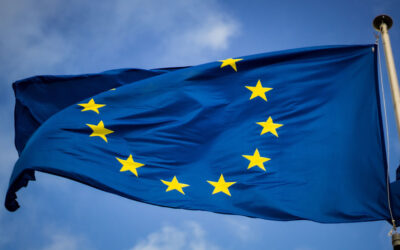Louise Floor Frellsen, ph.d. and European Patent Attorney at Budde Schou.
With the opening of NATO’s new quantum technology center in Copenhagen last year, Denmark has been given a central role in the fight to keep the defense alliance at the forefront of technological development. The new center is a clear indication that we in Denmark are among the world leaders in quantum technology. The question now is whether we take good enough care of the special technologies that are being developed in this country?
Quantum technology is a broad term for new technologies that use the laws of quantum mechanics to perform tasks and solve problems that cannot be handled by classical systems, for example because they are too computationally comprehensive for normal computers, or because they have to measure signals that are too weak to be detected in other ways. The fact that in this country we are far ahead in the fields of quantum technology is supported by a report from the Danish Business Authority, which states, “There are a number of areas where Danish companies utilize technology and are among the most skilled in the world in their field”.
The technologies can be copied
Quantum mechanics has a spiritual connection to Denmark through the Copenhagen interpretation, and since then it has become common property through, among other things, lasers, and semiconductor technology – and there are many more milestones ahead. Many breakthroughs will be based on the quantum computer, which will soon change fields such as cyber security, the GPS industry, and simulation with relevance for example in the pharmaceutical industry.
The quantum technological inventions are important for Denmark. This applies, among other things, in relation to the development of new technology, which constitutes a competitive parameter for us as a country. But only if we protect our right to the new ideas.
Despite the highly technological content, the developed technologies are in many cases easier to copy than you would think. If that happens, we risk losing valuable knowledge, and jobs disappearing out of the country. Timely and effective patent protection is therefore essential if Chinese or American companies with large financial resources are not to take over or imitate the inventions developed in Denmark.
Globally, the number of patent application families in quantum computing, according to the patent database Patbase, has increased from 66 applications in 2013 to 3508 last year. In 2023, the largest number of applications came from the USA and China, which together accounted for 1695 of the application families. In comparison, only 14 were established from Danish companies.
Denmark lags behind
The number of Danish applicants is worrying, and it shows with great clarity that Denmark lags behind badly when it comes to protecting its own developed quantum technologies.
One of the explanations must be found in the Danish tradition of researchers and inventors. Here, many of the actors have an overarching goal of publishing research results in, for example, journals as soon as they are available. If that procedure is followed religiously, it is too late to apply for a patent, because the news is already out. Although it is commendable to want to share new knowledge, it may turn out to be a bomb under Danish competitiveness.
As a company, you are definitely obstructing your own path, because you cannot apply for a patent once the results have been published. It is therefore important for future Danish technologies that the process is approached differently.
We must act now
Patent protection is essential for inventions to be exploited commercially – also when it comes to quantum technology. It is therefore imperative that we consider early – and continuously – throughout the process when it is time to protect our work, before sharing the ideas and findings.
There seems to be an alarming reason to act now, otherwise, we will end up behaving completely naive and gifting our research to our biggest competitors – because we can rest assured that they will not share their latest knowledge with us.
The image is generated using AI



